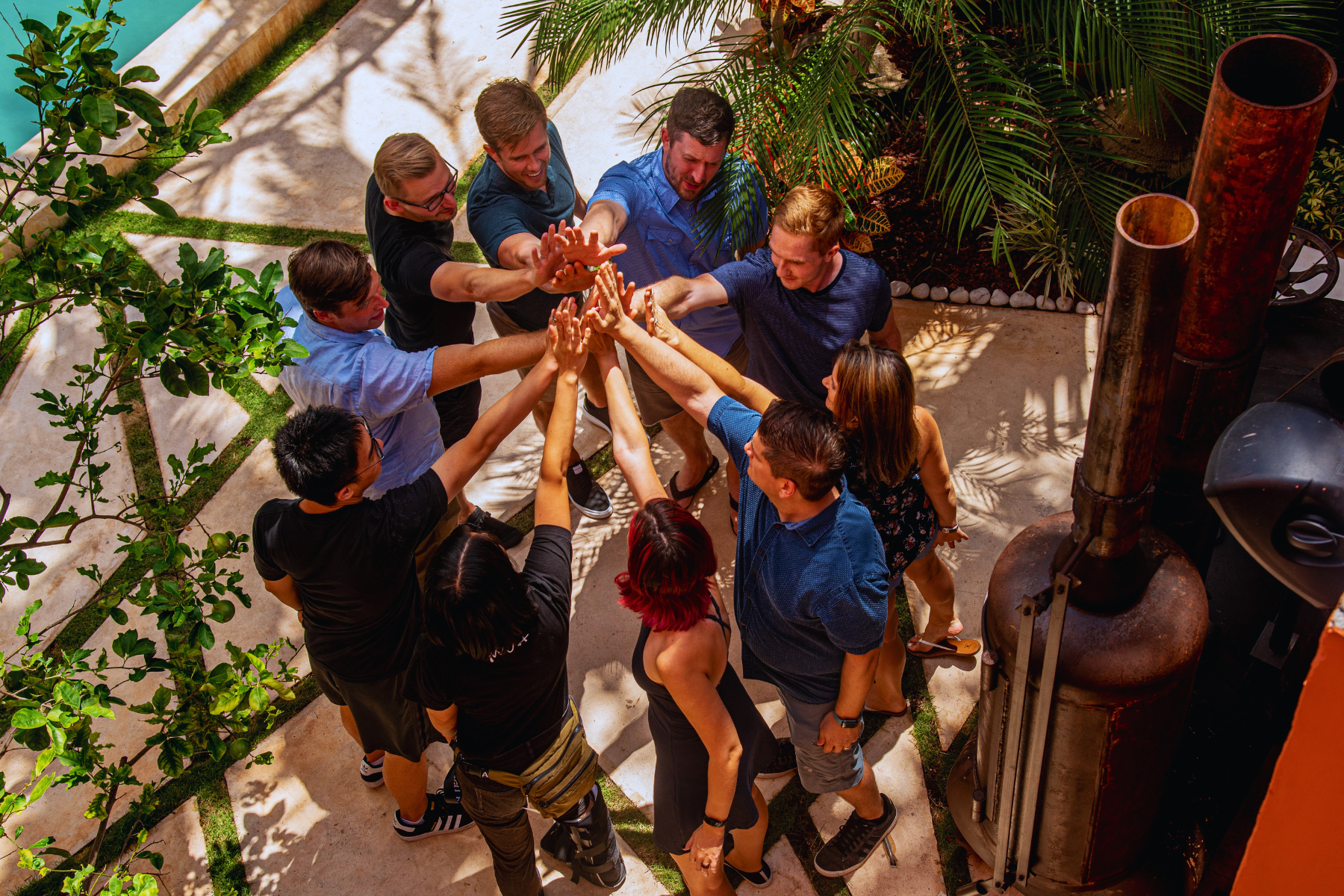
Navigating the Path: Overcoming Challenges Faced by New Missionaries
Cultural Adjustment
One of the primary challenges for missionaries is adapting to a new culture. Language barriers, unfamiliar customs, and social norms can create a sense of isolation.
Ways to Overcome:
- Immerse yourself in the local culture by attending community events and building relationships with locals.
- Learn the language to facilitate effective communication.
- Seek guidance from experienced missionaries or locals who can provide insights into the cultural nuances.

Loneliness and Isolation
Missionaries often find themselves far from family and friends, even in North America, leading to loneliness and isolation.
Ways to Overcome:
- Establish a support network by connecting with other missionaries, both new and experienced.
- Engage in local community activities to build a sense of belonging.
Emotional Stress
Witnessing poverty, suffering, and challenging living conditions can affect missionaries' emotional well-being.
Ways to Overcome:
- Prioritize self-care through activities such as meditation, exercise, and journaling.
- Attend counseling or support groups to process emotions and share experiences.
- Foster a positive mindset by focusing on the impact of your mission work.
Logistical Challenges
Learning to build your own schedule, faithfully ministering when someone isn't always watching, and learning culturally appropriate ways to plan and work can be overwhelming for new missionaries.
Ways to Overcome:
- Plan and organize effectively by creating daily and weekly schedules.
- Seek guidance from fellow missionaries for navigating logistical challenges.
- Stay adaptable and be prepared for unexpected situations.

Spiritual Warfare
Missionary work often involves spiritual challenges, testing one's faith and resolve.
Ways to Overcome:
- Develop a robust support system through prayer groups and spiritual mentors.
- Deepen your personal spiritual practices to stay grounded and resilient.
- Reflect on the positive impact of your work to reinforce your sense of purpose.
A Rewarding Journey
While the journey of a missionary is undoubtedly challenging, it is also a profoundly rewarding and life-changing experience. By acknowledging and proactively addressing the challenges, new missionaries can find strength, resilience, and a deeper connection to their mission.
Remember, you don't have to overcome these obstacles alone. Our faithful God will always be with you and the people He will send to come alongside you. At SEND, we strive to send well, preparing and equipping our missionaries for God's work in the field. We also ensure you are received well with teams and leaders ready to help you as you start your ministry.
Take the next step: Talk to one of our missions coaches
Additional Posts




